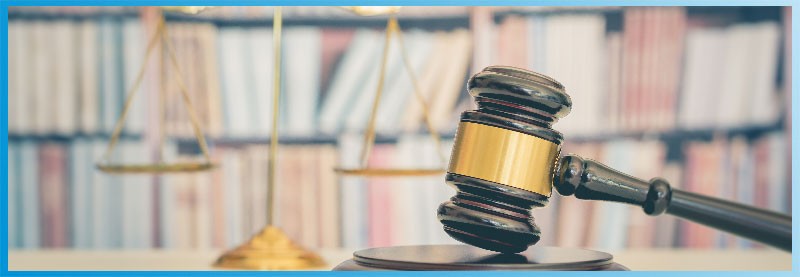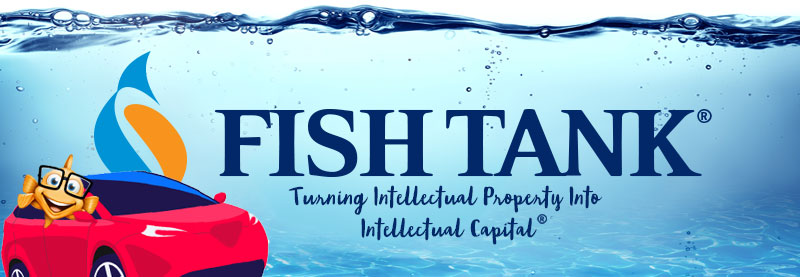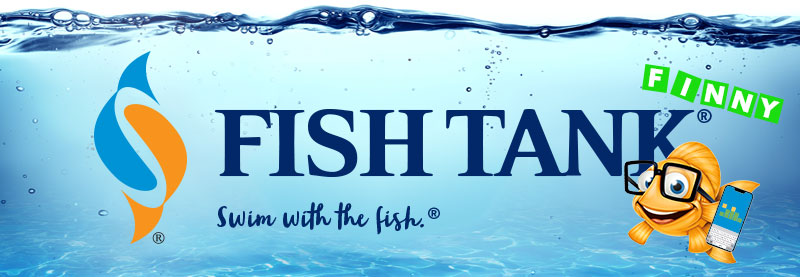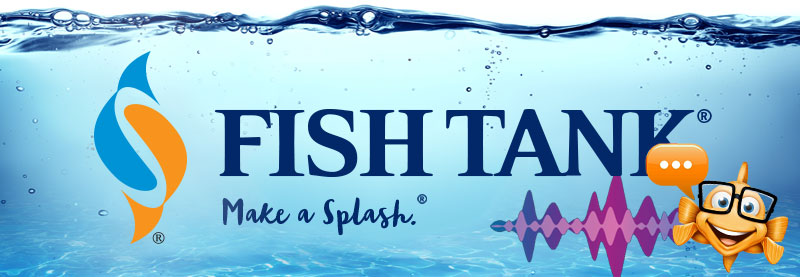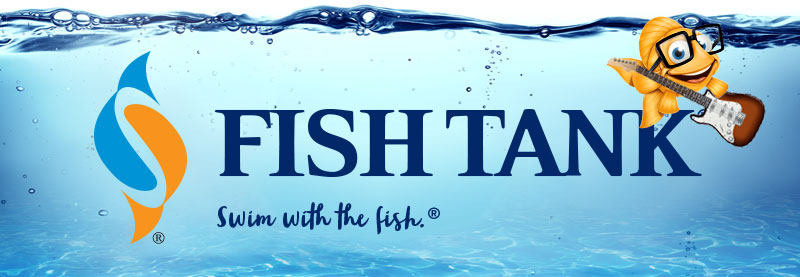Intellectual Property Insights from Fishman Stewart PLLC
Newsletter – Volume 22, Issue 16
Share on Social
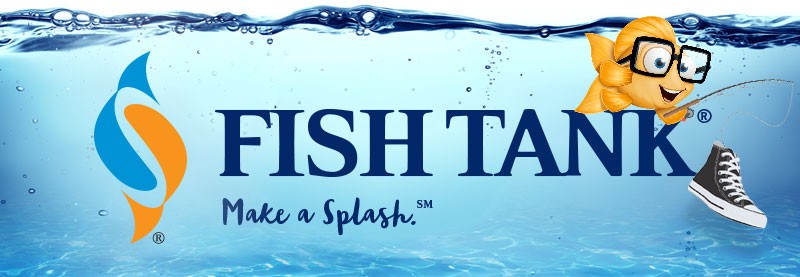
Does Free Speech Protection Apply to Shoes?
Does freedom of speech apply to shoes? That’s the question presented in a trademark lawsuit brought by Vans against MSCHF, a Brooklyn-based art collective behind musician/artist Tyga’s “Wavy Baby” sneaker design. Vans claims the Wavy Baby shoe design infringes its trademark and trade dress rights related to its Old Skool shoes and other products. MSCHF insists the design represents a form of commentary that is protected by the First Amendment because the Wavy Baby shoe design is a parody of the Old Skool shoe design. Check out a side-by-side comparison photo of the shoes.
Vans secured a temporary restraining order and preliminary injunction to stop MSCHF from continuing to sell the Wavy Baby sneakers. MSCHF argued that the shoe design was a parody meant to comment on “sneakerhead” culture and Vans’ “outsized role” in that culture. However, the federal judge assigned to the case was not persuaded that consumers “got the joke.” The judge reasoned that the Wavy Baby sneakers had already confused consumers and thus could not be a parody.
Interestingly, the court did not consider the usual test that applies in cases where a party claims a parody defense in expressive works such as movies, plays, and video games—and even consumer items such as dog toys. On the one hand, it makes sense to apply free speech principles equally to all forms of speech rather than allow a court to pick and choose what mediums of free speech should have more, less, or no protection at all, or require that all consumers be “in on the joke.” On the other hand, applying traditional First Amendment principles to consumer goods may open the floodgates of court-sanctioned infringement by granting constitutional protection to counterfeiters because their knock-off products parody a legitimate brand or are a commentary on consumerism.
MSCHF has appealed the decision to the U.S. Court of Appeals for the Second Circuit. Now the appellate court has the difficult task of balancing freedom of expression without turning the First Amendment into a free pass for counterfeiters. This case will surely be watched by artists and trademark owners alike. We will keep you posted with any developments!
Published August 5, 2022

The Litigation War Room: Episode 20
Hosted by litigation attorney Maxwell Goss, the Litigation War Room offers great stories and great insights from some of the nation’s most accomplished courtroom lawyers.
On this episode, Maxwell Goss speaks with prominent criminal defense attorney Neil Rockind. Neil talks about his victory in securing the acquittal of an individual charged with reckless driving following the highly publicized tragic death of a police officer. Neil shares insights on many aspects of trial practice, including the importance of humanizing the defendant, dealing with public scrutiny in high-profile cases, and how cross-examination can make or break your case.
Related Content from Fishman Stewart
Car enthusiasts are buzzing about Alfa Romeo's latest SUV which is also its first EV (plus a hybrid option). Initially branded as “Milano,” the name was changed to "Junior" after it was announced that the car would be produced in Poland.
The online word game Wordle was created in 2021 by Josh Wardle and quickly rose in popularity. Players receive a new puzzle daily with six chances to correctly guess a five-letter word of the day with limited clues.
In a recent decision, the U.S. Court of Appeal for the Eighth Circuit affirmed a jury verdict holding that the use of the "Success Kid" meme by a congressman's reelection campaign for fundraising purposes did not qualify as fair use.
In February 2024, proposed legislation was introduced in US House of Representatives which would extend copyright protection to golf courses. The bill is titled “Bolstering Intellectual Rights against Digital Infringement Enhancement Act” or the “BIRDIE Act”.
OpenAI recently held a live demonstration of a new ChatGPT version that included the use of an AI personal assistant voice dubbed “Sky.” Many observers compared Sky to Scarlett Johansson’s voice in the 2013 Spike Jonze romantic sci-fi film “Her,” which centers on a man who falls in love with the female voice of his computer’s operating system.
June is Pride Month, which honors the 1969 Stonewall Uprising in Manhattan and recognizes the impact that lesbian, gay, bisexual, and transgender (LGBTQ+) individuals have had on history locally, nationally, and internationally. The United States Patent and Trademark Office flies the Pride Flag and promotes the Pride community’s contributions with programming offered annually.
First-time inventions have led inventors to great successes throughout history, sometimes immediately, sometimes after several more attempts at more useful inventions. In the U.S., two very famous inventors with contrasting first-time experiences are Thomas Edison and Alexander Graham Bell.
June is Pride Month. This year we are celebrating with some IP tips for drag performers! Drag performers can protect their intellectual property by registering the copyrights in their original works of music, choreography, and comedy sketches.
Bands often start out as creative endeavors among friends, and bands may not prove lucrative for many years, if at all. Until bands break up, thought and planning may not be given to who is the owner of the band names and entitled to use them going forward.
You’re rarely more than a few yards from Finny’s favorite chips, semiconductor chips to be precise. But what exactly is a semiconductor chip?
IDENTIFYING, SECURING AND ADVANCING CREATIVITY®


